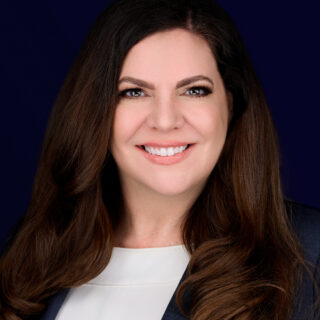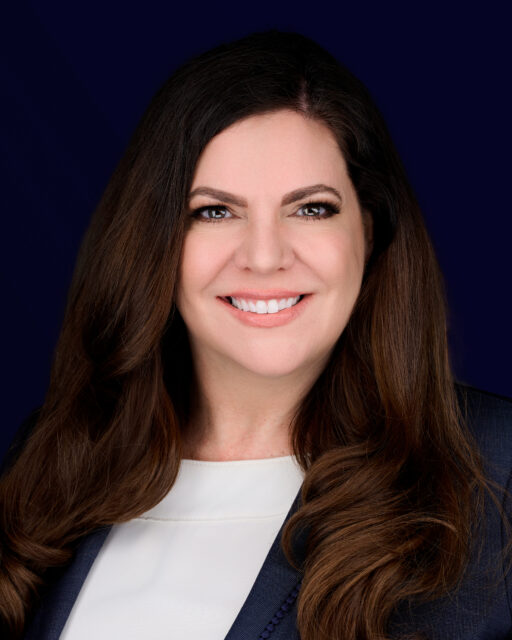The healthcare landscape in the United States is undergoing significant transformations, and as we step into 2024, it’s crucial to explore the trends and issues that will shape the industry’s trajectory. These factors not only impact healthcare providers but also influence how Americans access, afford, and receive care.
The Growing Numbers Problem
The healthcare industry is facing a critical shortage of physicians, with approximately 30,000 new physicians entering the workforce each year. However, this is insufficient to meet the escalating demand caused by retiring physicians and those reducing clinical hours. By 2034, the U.S. could experience a shortage ranging from 37,800 to 124,000 primary care and specialist physicians.
Technology as a Partial Solution
While technological advancements, including artificial intelligence, automation, and virtual care, play a crucial role in closing care gaps, they are not a complete solution. The shortage of healthcare professionals remains a significant challenge that technology alone cannot address.
Government Payers Take the Lead
Governmental healthcare payers, combining Medicare and Medicaid, now surpass commercial payer sources in size. This shift raises immediate business concerns for hospitals, given the lower fee-for-service payments for physician services, particularly in Medicaid.
Payer Power Imbalance
Payers, the giants of the healthcare industry, have become 10 times the size of the largest health systems. This growing negotiating imbalance puts pressure on hospitals, with significant variations in payment rates observed. As payer power increases, hospitals grapple with denials, inconsistent reimbursement policies, and a challenging financial landscape.
The Ongoing Evolution of Value-Based Care
The transition to value-based care is a work in progress. While fee-for-service models may lead to overuse, some value-based care models introduce challenges such as increased pre-authorization requirements and efforts to limit care. Striking the right balance is key.
Scrutiny on Private Equity in Healthcare
Lawmakers are scrutinizing the impact of private equity in healthcare, focusing on pricing, competition, and care quality. With 9% of private hospitals and 30% of proprietary for-profit hospitals owned by private equity, this issue requires attention amid other pressing healthcare concerns.
UnitedHealthcare’s Dominance
UnitedHealthcare, in partnership with Optum boasts a workforce of nearly 90,000 employed or affiliated physicians, a topic highlighted during UnitedHealth Group’s 2023 investor conference. Additionally, the conglomerate employs 40,000 advanced practice clinicians. This consolidation of power presents challenges for disruptors in the healthcare space, struggling to compete with the supply problems faced by legacy providers.
Mental and Behavioral Health Crisis
The U.S. faces a critical shortage of mental health professionals, with a growing demand exacerbated by the COVID-19 pandemic. Rates of depression and suicides have surged, while nearly half of the population resides in a mental health workforce shortage area.
Hospital Margins and Long-Term Financial Challenges
While hospital margins improved in 2023, long-term financial challenges persist. Rising labor and supply expenses, coupled with patient acuity, pose ongoing risks, especially for hundreds of rural hospitals facing immediate risk for closure due to financial difficulties.
Rise of Medicare Advantage
Medicare Advantage now covers more than half of the Medicare population, posing challenges for providers while benefiting payers. Political lobbying influences this landscape.
Diabetes/Obesity Drugs and Long-Term Impact
The demand for GLP-1 agonist drugs is on the rise, raising questions about spending and the potential impact on healthcare services and surgeries. With 9 million prescriptions issued in the final months of 2022, insurers, employers, and the government must navigate the implications.
The healthcare industry in 2024 is marked by complex challenges and evolving trends that necessitate strategic navigation. Inszone Insurance remains committed to staying abreast of these developments to better serve our healthcare clients.
Sources:
https://www.aamc.org/news/growing-psychiatrist-shortage-enormous-demand-mental-health-services
https://www.mayoclinicproceedings.org/article/S0025-6196(23)00335-X/fulltext
https://www.aamc.org/news/growing-psychiatrist-shortage-enormous-demand-mental-health-services
https://ruralhospitals.chqpr.org/downloads/Rural_Hospitals_at_Risk_of_Closing.pdf
https://www.trillianthealth.com/reports/2023-health-economy-trends





